DCS Systems: What They Are and How They Work
Introduction to DCS Systems: Understanding the Basics
In the realm of industrial automation, Distributed Control Systems (DCS) stand as a pivotal technology that orchestrates complex processes with precision and efficiency. This article delves into the core concepts of DCS systems, unraveling their functionality, benefits, and applications across various industries.
What is a DCS System?
At its essence, a DCS system is a specialized network that facilitates the control and monitoring of intricate industrial processes. Unlike traditional control systems, DCS offers a distributed architecture, where control modules are spread throughout the system, ensuring seamless communication and real-time decision-making.
In a DCS setup, the main components include sensors, actuators, controllers, and a human-machine interface (HMI). These components work cohesively to collect data, process information, and execute commands, enabling operators to supervise and regulate complex operations with unparalleled accuracy.
How DCS Systems Work
DCS systems operate through centralized control, allowing operators to manage multiple processes from a single location. Real-time communication between devices and controllers ensures that data flows seamlessly, enabling rapid response to changing conditions.
The heart of a DCS system lies in its ability to process immense amounts of data in real time. This processing power empowers operators to make informed decisions swiftly, enhancing overall system efficiency.
Advantages of DCS Systems
One of the prime benefits of DCS systems is the notable enhancement in process efficiency. The ability to control and fine-tune various parameters in real time leads to optimized operations and reduced wastage. Moreover, the inherent scalability of DCS systems allows for easy expansion and integration with new technologies.
Flexibility is another standout feature, as DCS systems grant operators remote access to the system. This capability is particularly valuable for troubleshooting, adjustments, and monitoring from afar, streamlining operations even in challenging environments.
Key Components of a DCS System
A DCS system comprises a network of interconnected components. Sensors and actuators play the role of gathering data and initiating actions, while controllers and input/output (I/O) modules process information and manage the execution of commands. The human-machine interface (HMI) acts as the bridge between operators and the system, presenting data and facilitating control.
Applications of DCS Systems
DCS systems find extensive use in various industries. In the oil and gas sector, they oversee drilling operations and monitor pipeline transportation. Power generation plants rely on DCS for efficient management of turbines and generators. Similarly, chemical manufacturing benefits from DCS precision in controlling reactions and refining processes.
Integration with Industrial IoT
The integration of DCS systems with the Industrial Internet of Things (IIoT) opens new dimensions for automation. By collecting and analyzing data from sensors, DCS systems contribute to predictive maintenance, minimizing downtime and maximizing asset lifespan. The insights gleaned from data analytics enable operators to optimize processes further.
Challenges and Considerations
While DCS systems offer unparalleled advantages, they also come with challenges. System security remains a concern, as interconnected networks are vulnerable to cyber threats. Ensuring redundancy and reliability is crucial to prevent catastrophic failures. Adequate training and skill development among operators are imperative for seamless operation.
Future Trends in DCS Systems
The future of DCS systems holds exciting possibilities. Cloud integration will facilitate remote access and data storage, while artificial intelligence and machine learning will empower systems to learn and adapt to dynamic conditions. Additionally, DCS systems will contribute to sustainable practices by enabling efficient resource usage.
Choosing the Right DCS System
Selecting the appropriate DCS system requires careful consideration of specific operational needs. Evaluating vendor reputation, customer support, scalability, and compatibility with existing infrastructure are key factors. A well-informed choice ensures a seamless transition and future-proofing of the system.
Case Study: DCS Implementation
An illustrative case study highlights the successful implementation of a DCS system in a manufacturing facility. Through optimized process control and predictive maintenance, the company experienced a significant boost in productivity, showcasing the tangible benefits of DCS adoption.
Comparison with Conventional Control Systems
A comparison between DCS and traditional control systems underscores the superiority of DCS in managing intricate processes. The ability to handle complex operations, coupled with real-time data processing, positions DCS as an essential component in modern industrial setups.
DCS Maintenance and Upkeep
To ensure the longevity of a DCS system, regular updates and maintenance are imperative. System updates keep security protocols current and introduce new functionalities. Troubleshooting and diagnostics mechanisms are vital for swift issue resolution, maintaining operational continuity.
Conclusion
Distributed Control Systems (DCS) stand as the cornerstone of contemporary industrial automation. Their ability to centralize control, enhance efficiency, and facilitate remote access marks them as indispensable tools across various sectors. As technology advances, DCS systems are poised to become even more sophisticated, driving innovation and transforming industries.
Subscribe to Us !
-
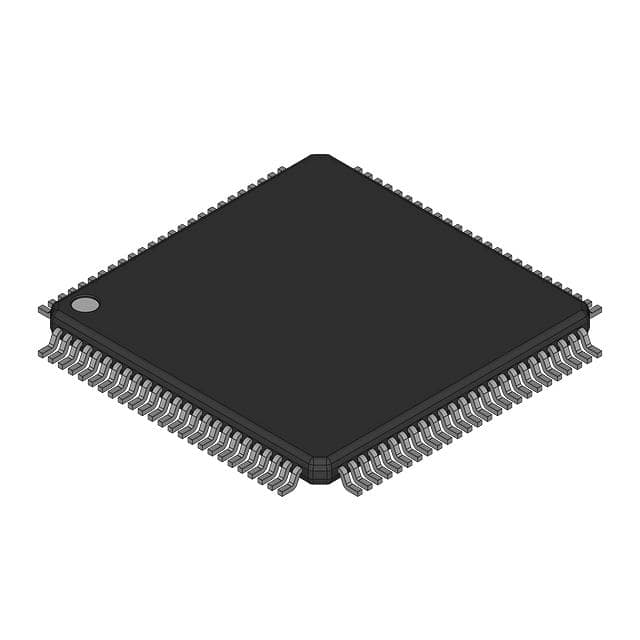 LV71081E-MPB-E
LV71081E-MPB-Eonsemi
-
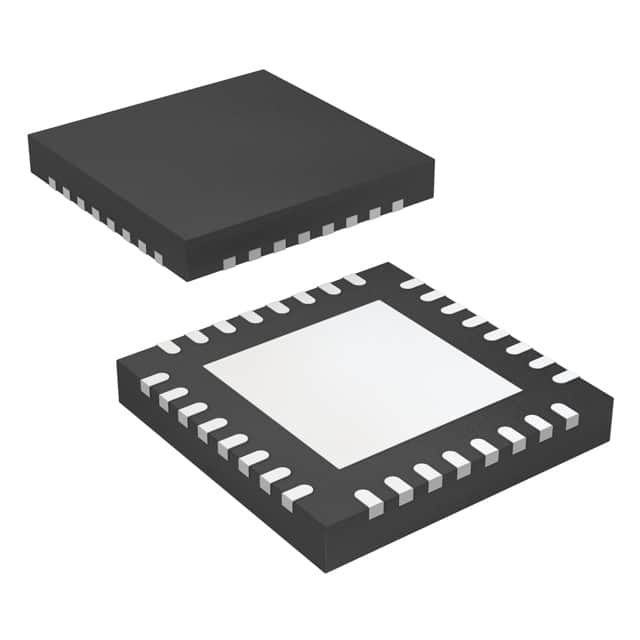 LMK00334RTVRQ1
LMK00334RTVRQ1Texas Instruments
-
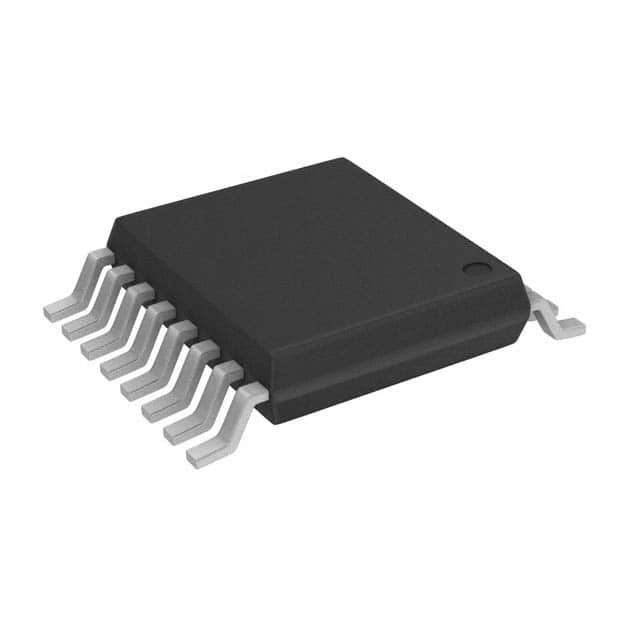 PI6C557-03LEX
PI6C557-03LEXDiodes Incorporated
-
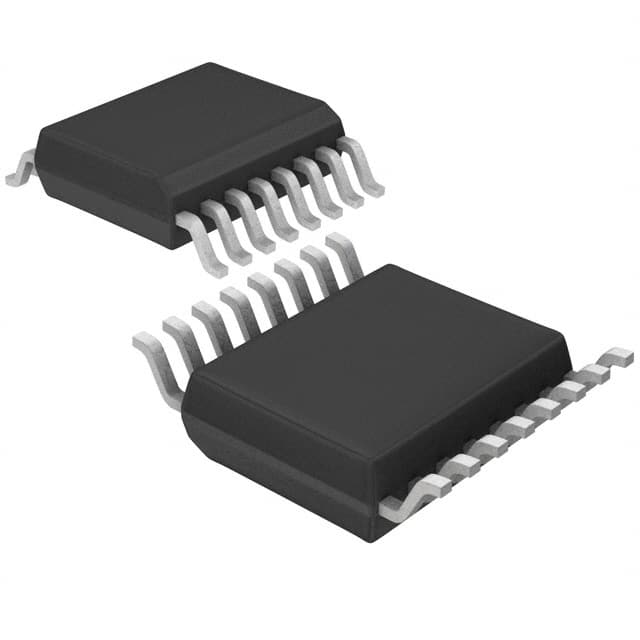 PCM1753DBQR
PCM1753DBQRTexas Instruments
-
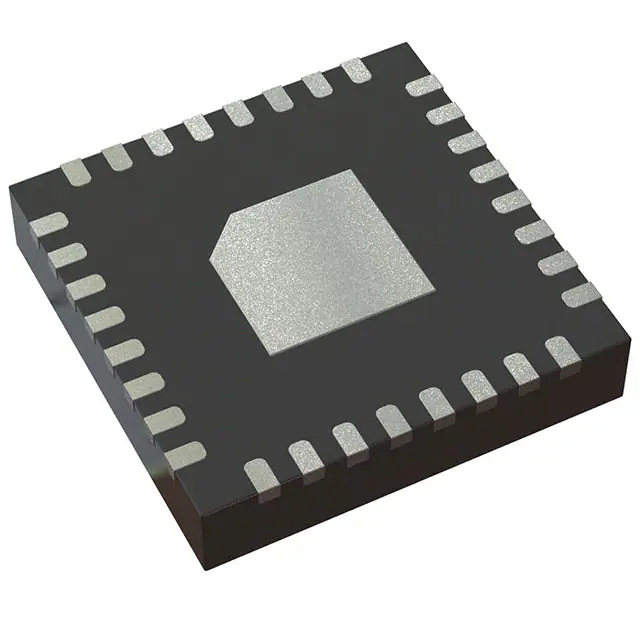 ADS1204IRHBT
ADS1204IRHBTTexas Instruments
-
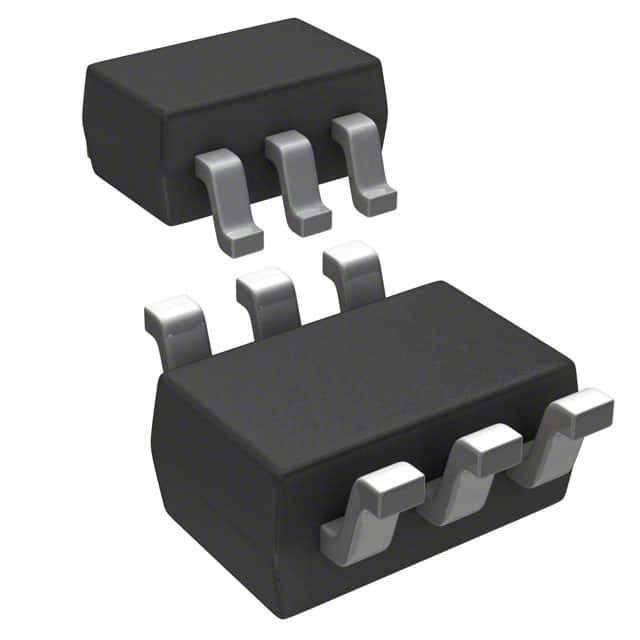 MCP4018T-104E/LT
MCP4018T-104E/LTMicrochip Technology
-
 T4F49C2
T4F49C2Efinix, Inc.
-
.jpg) A40MX02-PLG44
A40MX02-PLG44Microchip Technology
-
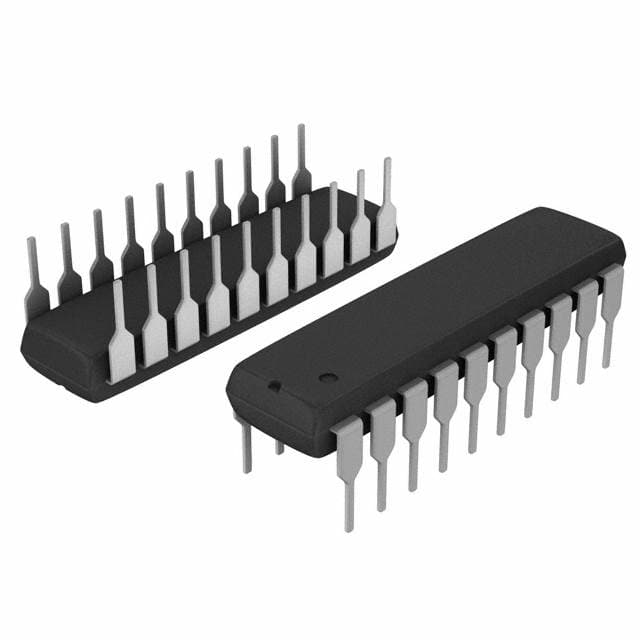 ATF16V8C-7PU
ATF16V8C-7PUMicrochip Technology
-
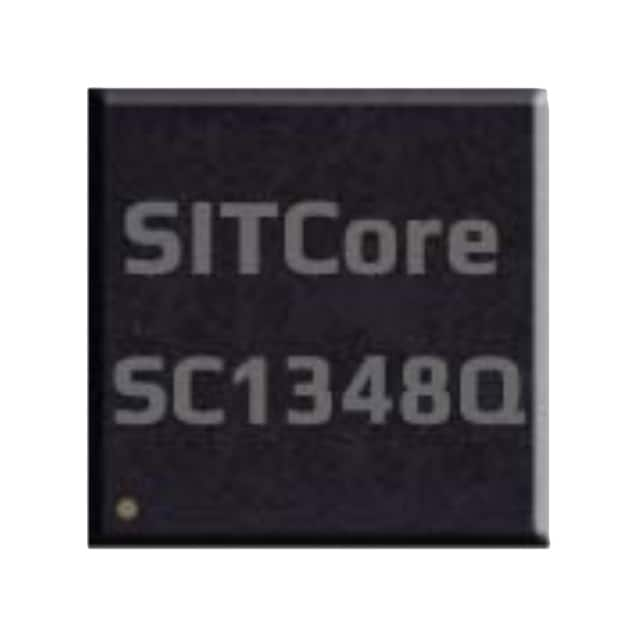 SC-13048Q-A
SC-13048Q-AGHI Electronics, LLC

